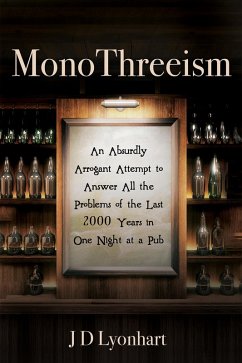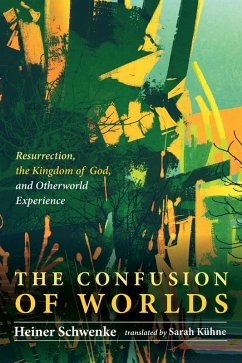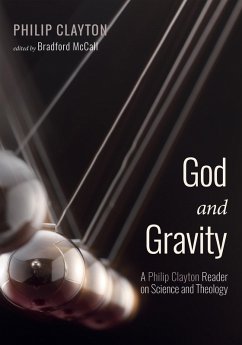
Troubled Paradise (eBook, ePUB)
Limited Salvation and the Problem of Heavenly Grief
Versandkostenfrei!
Sofort per Download lieferbar
16,95 €
inkl. MwSt.
Weitere Ausgaben:

PAYBACK Punkte
8 °P sammeln!
Grief over the loss of those we love is one of the most painful parts of life. But Christianity has long offered consolation to those who grieve in the form of the Easter promise. Death is not the end. Beyond it lies a realm of perfect joy, where mourning is no more and every tear is wiped away. But won't this promise have limits if, as Christians have traditionally believed, some of God's creatures are eternally lost? Can I really be perfectly happy in heaven if, say, my children are damned or annihilated? And what about the Christian teaching that those in heaven are morally sanctified? Does...
Grief over the loss of those we love is one of the most painful parts of life. But Christianity has long offered consolation to those who grieve in the form of the Easter promise. Death is not the end. Beyond it lies a realm of perfect joy, where mourning is no more and every tear is wiped away. But won't this promise have limits if, as Christians have traditionally believed, some of God's creatures are eternally lost? Can I really be perfectly happy in heaven if, say, my children are damned or annihilated? And what about the Christian teaching that those in heaven are morally sanctified? Doesn't this mean they will be perfected in a love so wide it includes even our enemies--and hence the lost? While delving deeply into the nature of grief and its relation to Christian ethics, this book explores the reasoning that generates this "problem of heavenly grief," examines purported solutions, and invites deeper reflection on a frequently dismissed idea that avoids the problem altogether: the universalist notion that there are no limits to Easter's promise because all are ultimately saved.
Dieser Download kann aus rechtlichen Gründen nur mit Rechnungsadresse in A, D ausgeliefert werden.













